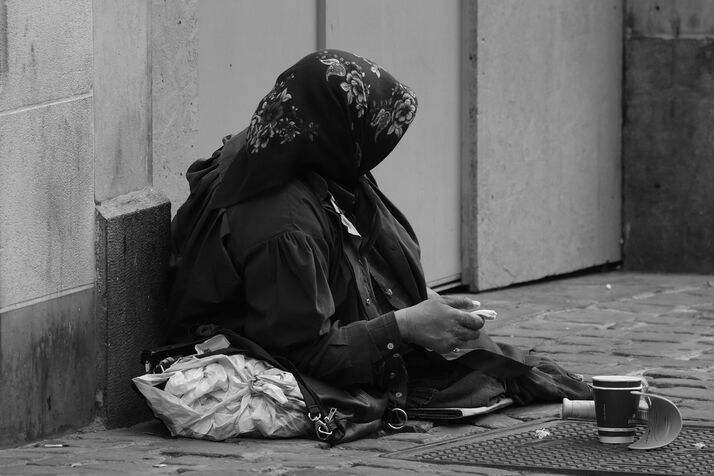On Monday, the Bhopal district collector issued an order that completely banned begging in all public places within the district’s jurisdiction. This move came after Indore, another city in Madhya Pradesh, banned begging and introduced stringent measures against the violators from January 1, 2025. The authorities in Indore implemented a strict ban on both giving as well as receiving alms. Not only this, purchasing goods from beggars is also prohibited.
Preventive measures also include registration of an FIR against those found violating the new order. The Bhopal district official said that this ban comes after reports from newspapers and other sources highlight the growing issue of beggary at traffic signals, intersections, religious sites, tourist attractions and other public spaces.
“Individuals engaging in begging, either alone or with their families, not only violate government directives aimed at curing the practice but also disrupt public movement and traffic,” stated the order. The administration also noted that many ‘individuals (involved in beggary) come from other states and cities, with some having criminal records.’
The report also concluded that a significant number of beggars are reportedly also involved in substance abuse and organised begging networks that often serve as fronts for criminal operations. Additionally, the beggars are prone to accidents, because they ‘obstruct the roads’, according to the authorities.
Begging in India
The governments in various states of India have often recognised begging as a social menace. In December 2022, the union government launched the Support for Marginalised Individuals for Livelihood and Enterprise (SMILE) schemes. The aim was to rehabilitate beggars by providing them with medical care, education, and skill training. The scheme presents the current authorities with an opportunity to address urban poverty constructively and also to rethink the legal and judicial implications of beggars and vagabonds.
The idea of making Indian cities beggar-free by 2026 does not mean removing the poor and marginalised from the posh beautiful public spaces of India. The aim should rather be to strengthen every citizen of the country, such that they are not forced into beggary.
The constitution of India empowers both the union and the state government to enact laws concerning ‘vagrancy, nomadic and migratory tribes’ (List 2, Entry 15).
Dr BR Ambedkar, during a constituent assembly discussion on the draft of the Indian constitution on September 1, 1949, argued that beggary is the state of homelessness and extreme poverty. The idea of associating nomadic tribes and the homeless ‘as lazy and undeserving’ people of the city is an imperial attitude. Yet, the retention of this colonial logic within the Indian laws has allowed states and union territories to enact anti-begging prohibitions.
Positive Developments Concerning Beggary
However, in recent years, there have been some positive developments as well. In 2018, the Delhi High Court struck down several provisions of the Bombay Act (on beggary) for violating Article 21, which guarantees the right to a dignified life. The logic of the court was that beggary could not be criminalised, because the states have failed to provide basic necessities to those in distress. Further in July 2021, the Supreme Court refuses a PIL seeking to remove beggars from public spaces. The Apex Court of India stated that it would not adopt an ‘elitist view’ to ban begging. Beggary is a socio-economic problem of the entire society at large.
Last year in July, the National Human Rights Commission (NHRC) issued an advisory asking union and state governments to establish an anti-begging network, decriminalise begging and build a national database to ensure the correct use of government funds. The advisory described beggary as the failure of society to provide benefits of various schemes to those who need them. The report also stated that identified beggars should be brought to shelter homes and registered as residents. The shelter home should provide mental health counselling, de-addiction and rehabilitation services to support marginalised individuals. Alongside this, the authority should also identify avenues such as religious congregations for organising awareness camps.
Children between the ages of 6 to 14 years engaged in beggary should be enrolled in government and private schools under the Right to Education Act (2009). Skill programmes should also be rolled out so that the marginalised can explore possibilities of employment.


